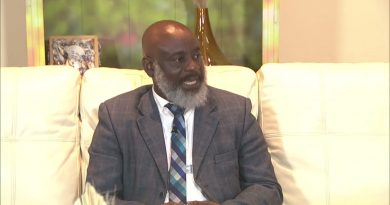Ministry of Health alerts public to a particular strain of influenza that could be serious to children and the elderly
The public is being asked to take precautions and avoid contracting Influenza A H3N2, which has been detected in Antigua and Barbuda. The virus reportedly was identified in three children who have since recovered.
Over the past weeks, quite a number of persons, including adults, have reported contracting a flu or cold, which they describe “as very bad.”
Influenza can reportedly be prevented through vaccination, which is available to the public at the main health centres across Antigua and Barbuda.
The Ministry of Health reminds residents that influenza is a respiratory disease that is caused by the influenza virus, which affects the nose, throat and lungs.
The Influenza A and B viruses are responsible for the seasonal flu epidemics seen each year, usually between October and February.
Health officials say the Influenza A virus is spread mainly by droplets when people with the illness talk, cough or sneeze.
Less often, they say, a person might contract the flu by touching a surface or object contaminated by the virus and then touching their own mouth, nose, or eyes.
Some symptoms of the flu are a fever, cough, sore throat, runny or stuffy nose, muscle or body aches and headaches, while other persons may have vomiting and diarrhea. The illness can be severe or mild and can lead to death, health officials say.
Preventative measures include social and physical distancing; practicing cough and sneeze etiquette; regular hand washing; and sanitization of frequently touched surfaces.
According to health officials, the elderly and children are more susceptible to severe disease and complications, such as pneumonia and death. Therefore, particular attention should be paid to these age groups if they exhibit flu-like symptoms.
The elderly population and health care workers are therefore being encouraged to get vaccinated against influenza.




